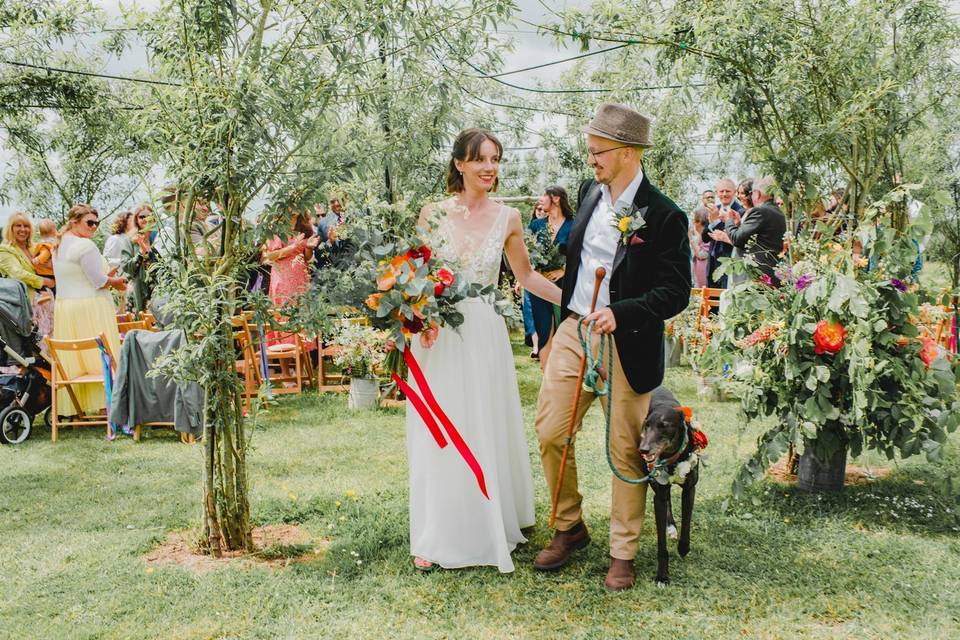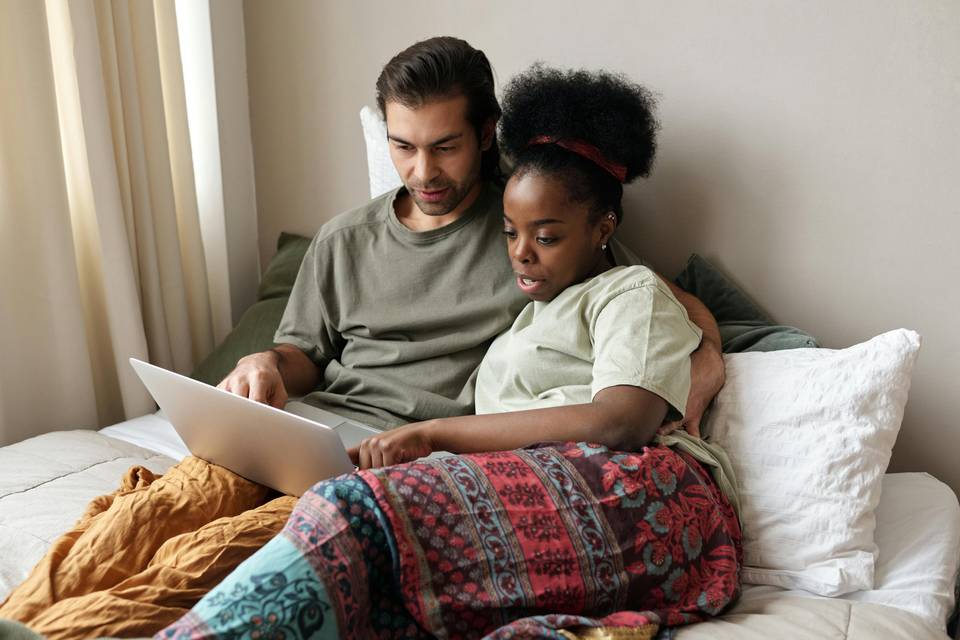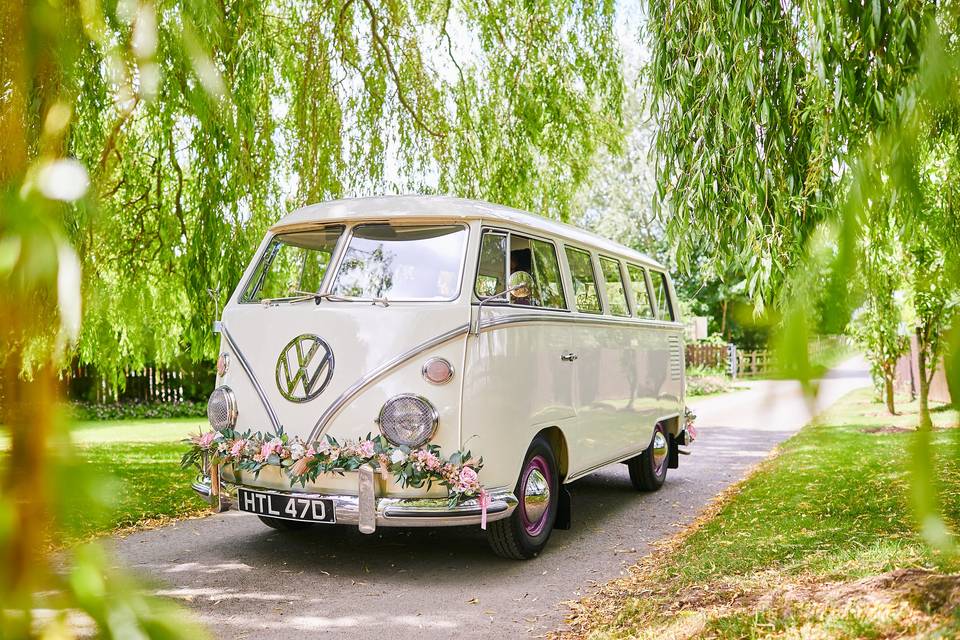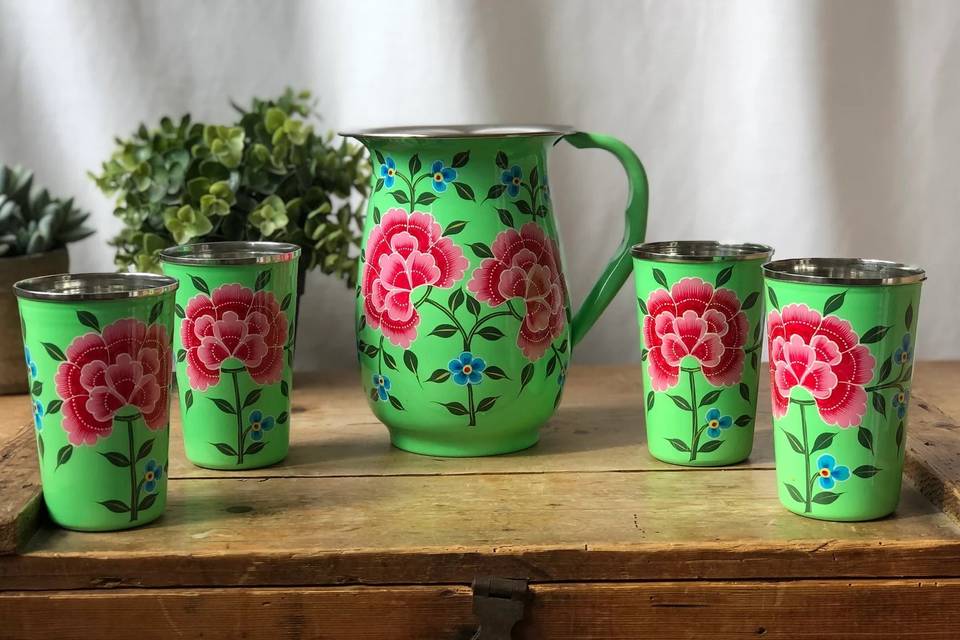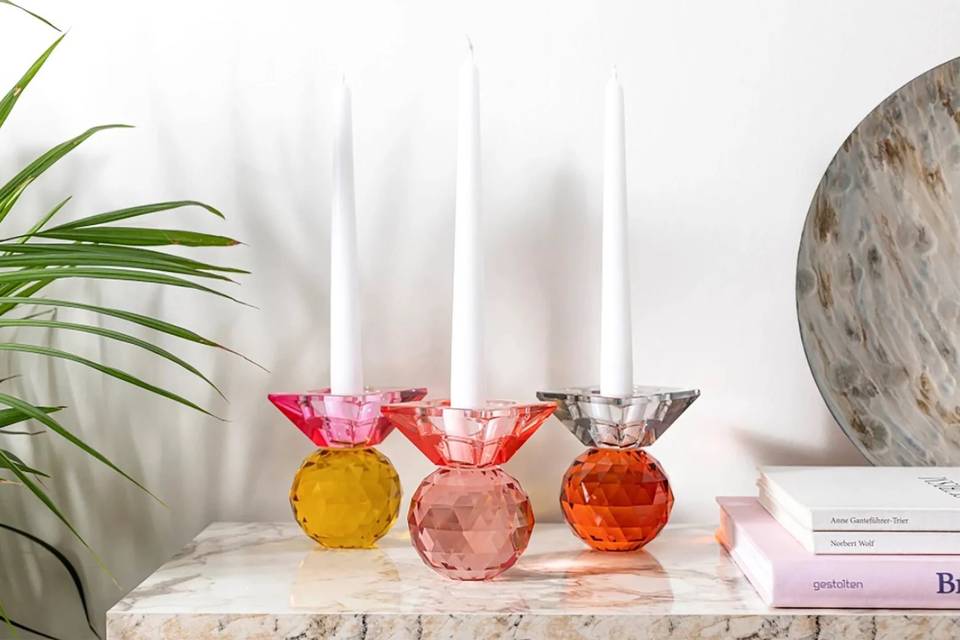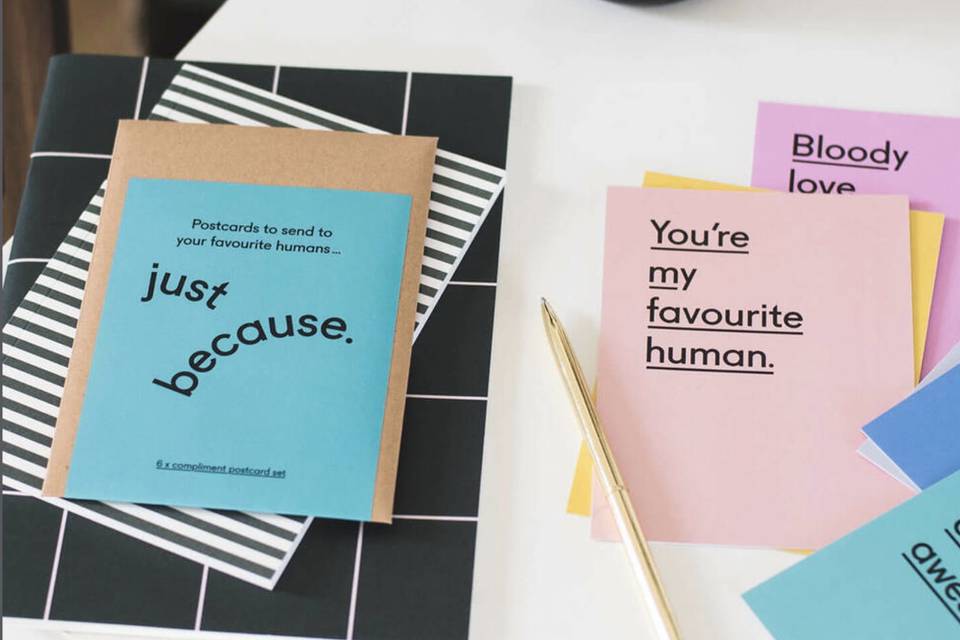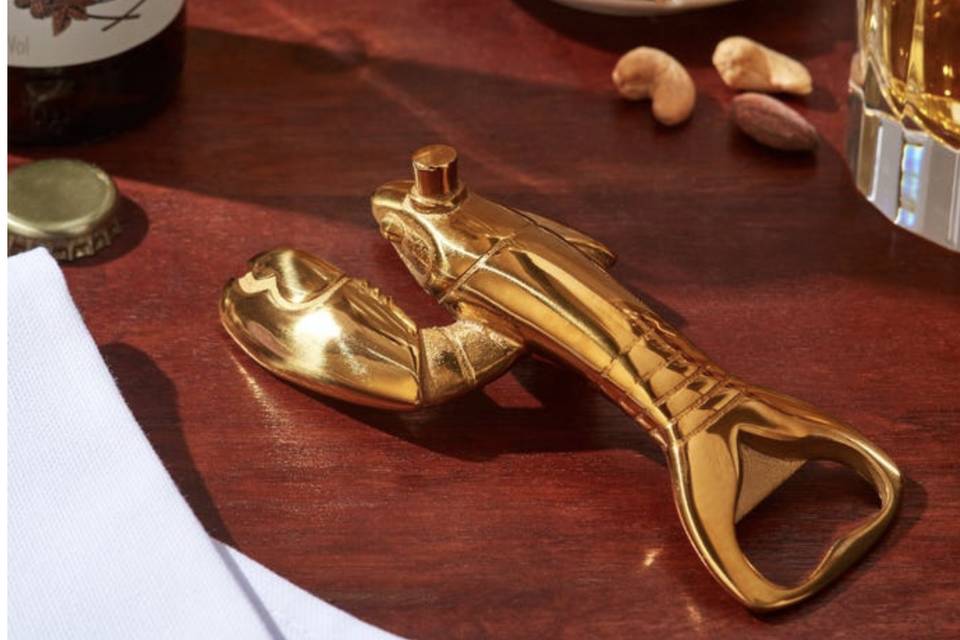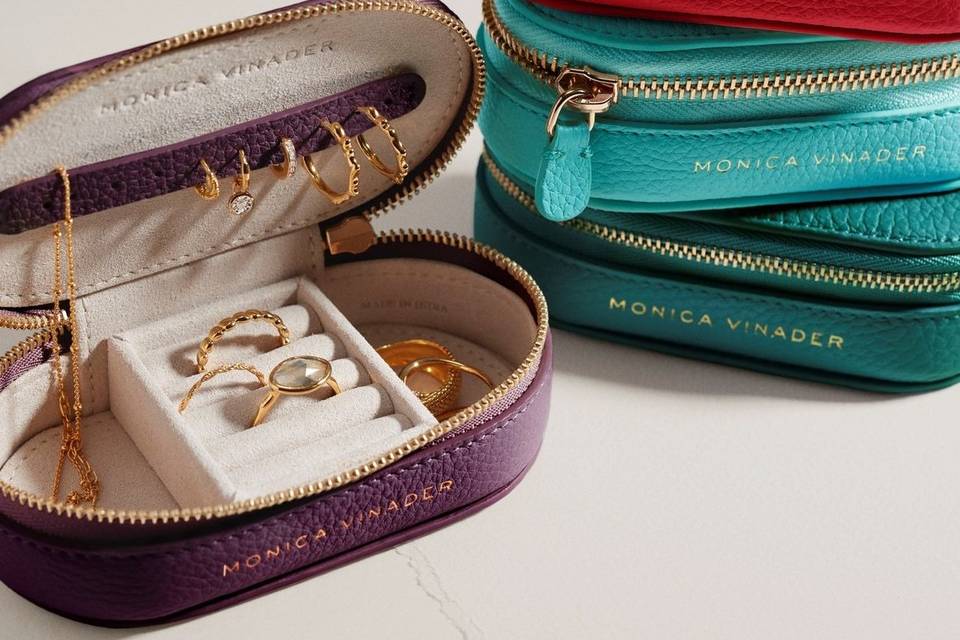Planning a Wedding When You Don't Feel Represented in Mainstream Media
Writer and co-founder of Our Owambe, Assumpta Vitcu, details her experience of wedding planning and how she navigated not feeling represented in mainstream media
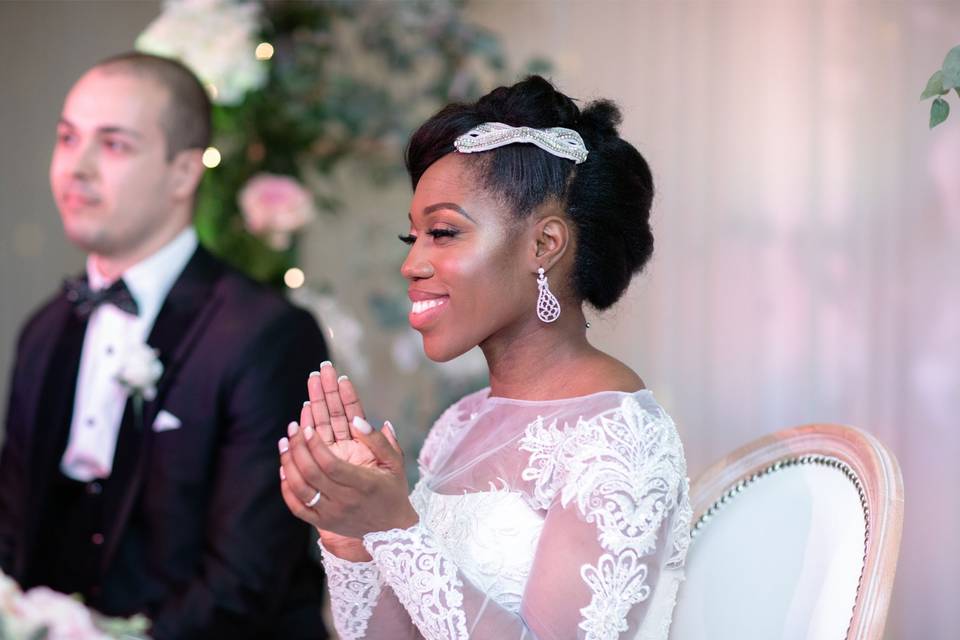
Planning a wedding should be a process that's enjoyable from start to finish, and inspiration from other couples' real weddings, wedding websites and blogs play a huge role in that. And one thing that helps couples gather inspiration for their own day, is seeing couples that look like them represented in the inspiration that's out there. However, this is a luxury that not all couples are able to enjoy.
Assumpta Vitcu, writer and co-founder Our Owambe details her experience of planning a wedding when you aren't represented in mainstream media, and how this led to the launch of her very own wedding blog and podcast.
Here is her story...
Planning a Wedding When You Don't Feel Represented in Mainstream Media
I got married five years ago and, as lovely as our wedding days were (yes, we had two!), that’s not my focus here today.
My husband and I had been dating for less than a year when he proposed, so after getting over the initial shock and excitement of the proposal and (briefly) enjoying the moment, we decided we wanted to be married sooner rather than later. We then began planning our wedding celebrations over the next eight months.
Media Representation in Weddings
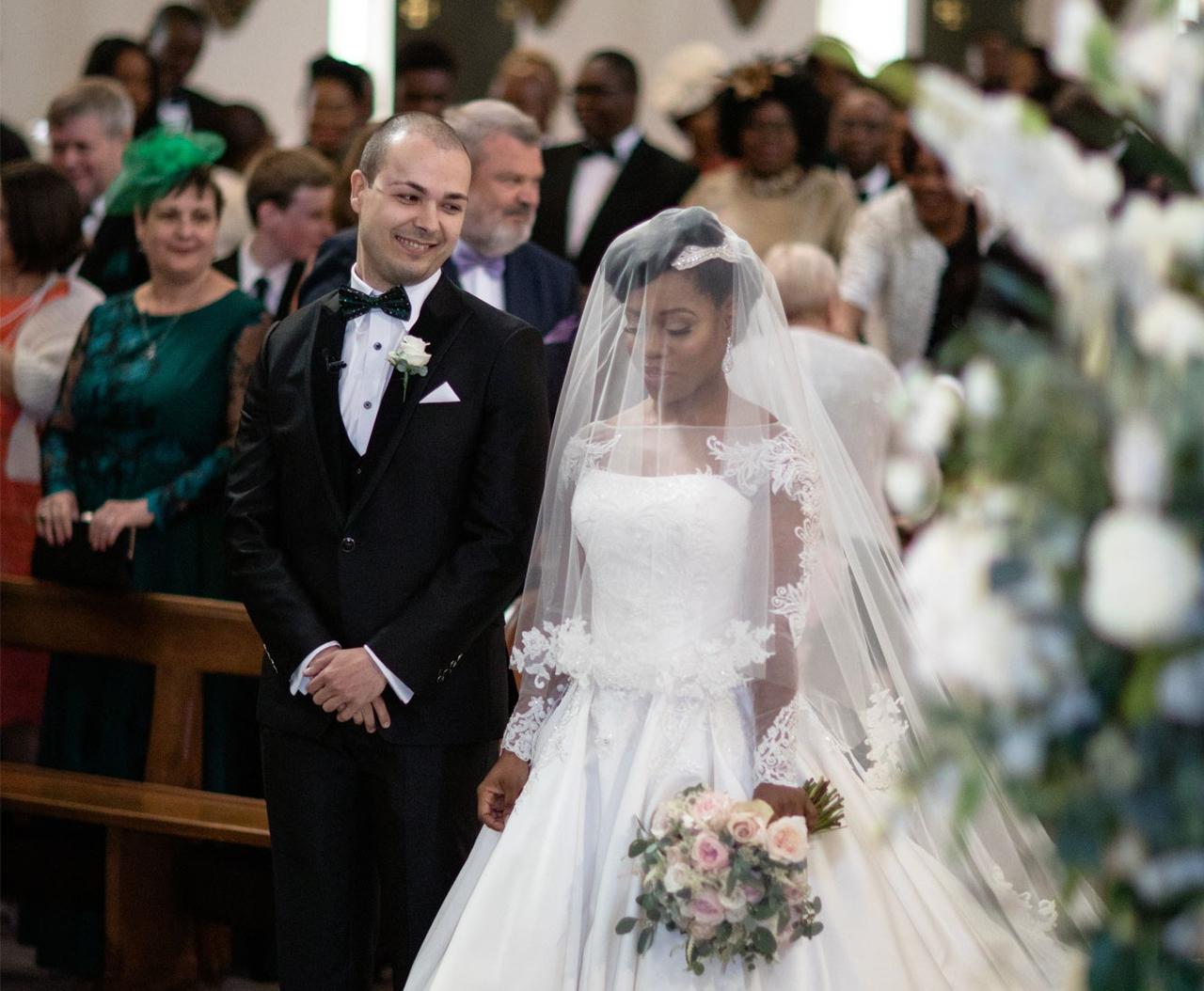
Following the engagement announcement, one of my bridesmaids kindly bought me some wedding magazines to help me along my way and, as I flicked through the pages, I couldn’t see one person who looked even remotely like me. I handed the three magazines to my partner and asked him to find a black person within the glossy pages.
At this point it may be pertinent to mention that my husband is not black, but more about that later.
Much to my surprise, he succeeded where I had failed and actually managed to find one! Buried at the back of one of the publications, advertising a destination wedding, he pointed to a tiny image of a couple on a beach, who were presumably eloping? The miniscule officiant, who I completely missed, was black. That’s it.
While I was disappointed, I was, for the moment, slightly unphased because I am Nigerian. Why is my heritage relevant? One word - Bellanaija. For those who have never heard of it, Bellanaija is Africa’s top wedding website.
Even if you are single but Nigerian, or from anywhere else in Africa, chances are you have heard of Bellanaija and, therefore, the sight of beautiful black people in wedding attire wasn’t completely foreign to me.
I have also attended countless weddings and had a vague idea of what was possible if, or when, I eventually decide to get married. Admittedly, I was never one of those people who spent years fantasising about my dream day, but at the very least, I had an idea of what I’d like.
Wedding Industry Presumptions
Sadly, when the time did come for me to start wedding planning, it became woefully apparent to me that much of the wedding industry presumed people with similar taste to me were well-off caucasian women, with hair that combs could easily pass through, and long, lithe limbs. I am 5'2, have black skin and an athletic build, and proudly sport my natural, kinky-coily hair.
Earlier I mentioned that my heritage is Nigerian but, in case you hadn’t guessed, I don’t live in Nigeria, or Africa for that matter. My tastes have been influenced by my environment and my upbringing, yet the mainstream wedding media was, and still is, largely homogenous.
Whether you are engaged, married or neither, if you have never typed the words ‘wedding magazine’ into Google, and clicked to see what images come up, humour me and give it a go. If you live in Europe, it’s likely you’ll be confronted with a lot of very similar, perfect-looking looking couples.
I am aware that, depending on which country you live in, black and brown people can be a small percentage of the population. However, many of us spend a lot of money on our weddings, so it is laughable to me that we are so underrepresented and ignored.
My Experience
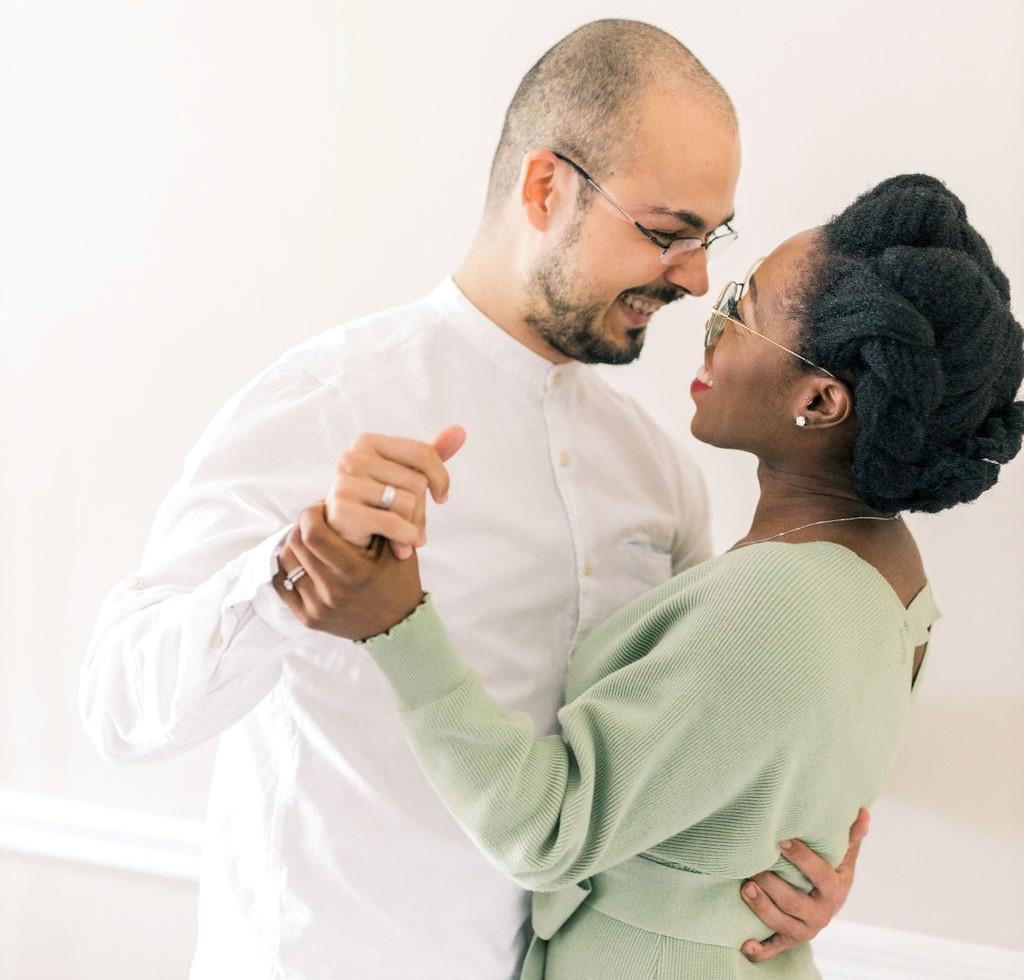
Case in point; I very much enjoy shopping alone so, when I first started wedding planning, I went to a very large and well-known wedding show by myself.
The first stand I wanted to stop at was a jeweller as I wanted to try on a wedding band. The gentleman behind the counter was speaking with two ladies already, so I waited patiently, despite the fact that he made no eye contact and seemingly ignored me. I assumed that he was just engrossed in his conversation.
Almost ten minutes passed, and another two women approached. As soon as they stopped, the man looked at them and said, “I’ll be right with you, please give me a moment.”
My jaw almost hit the floor. I looked at him and he dismissively looked away. The difference between me and the four women? Our skin colour.
I was deeply hurt and walked away incensed. I called my Mum to rant and she told me I should have said something. Once I'd calmed down, I walked back to the stand and there was someone else now working alongside the man, so I approached her to explain what had happened. She looked embarrassed and shocked.
She told me the man was the owner of the business and shouted over to him to say he had ignored me, but he denied it. The sales assistant looked at my engagement ring and told me how beautiful it was (my husband did a great job!), and then asked me what the budget for my wedding band was. I didn’t have one – which was music to her ears.
But after my experience, there was no way I was going to get anything from that company, so I left. My husband bought me a Cartier eternity ring as my wedding band instead.
I am well aware of statistics and the fact that my one experience is not enough for me personally to call this a norm. However, this wasn’t my only experience like this. I was overlooked in a fancy bridal boutique too.
I started bringing my husband with me to appointments and noticed how differently I was treated. It was infuriating at the time, but what was more upsetting was the fact that there were very few places in Europe that shared any couples who looked like us.
I didn’t want to have to go to African or American publications to see my likeness. I am British-Nigerian and wanted a wedding that reflected that.
Making a Change: Our Owambe
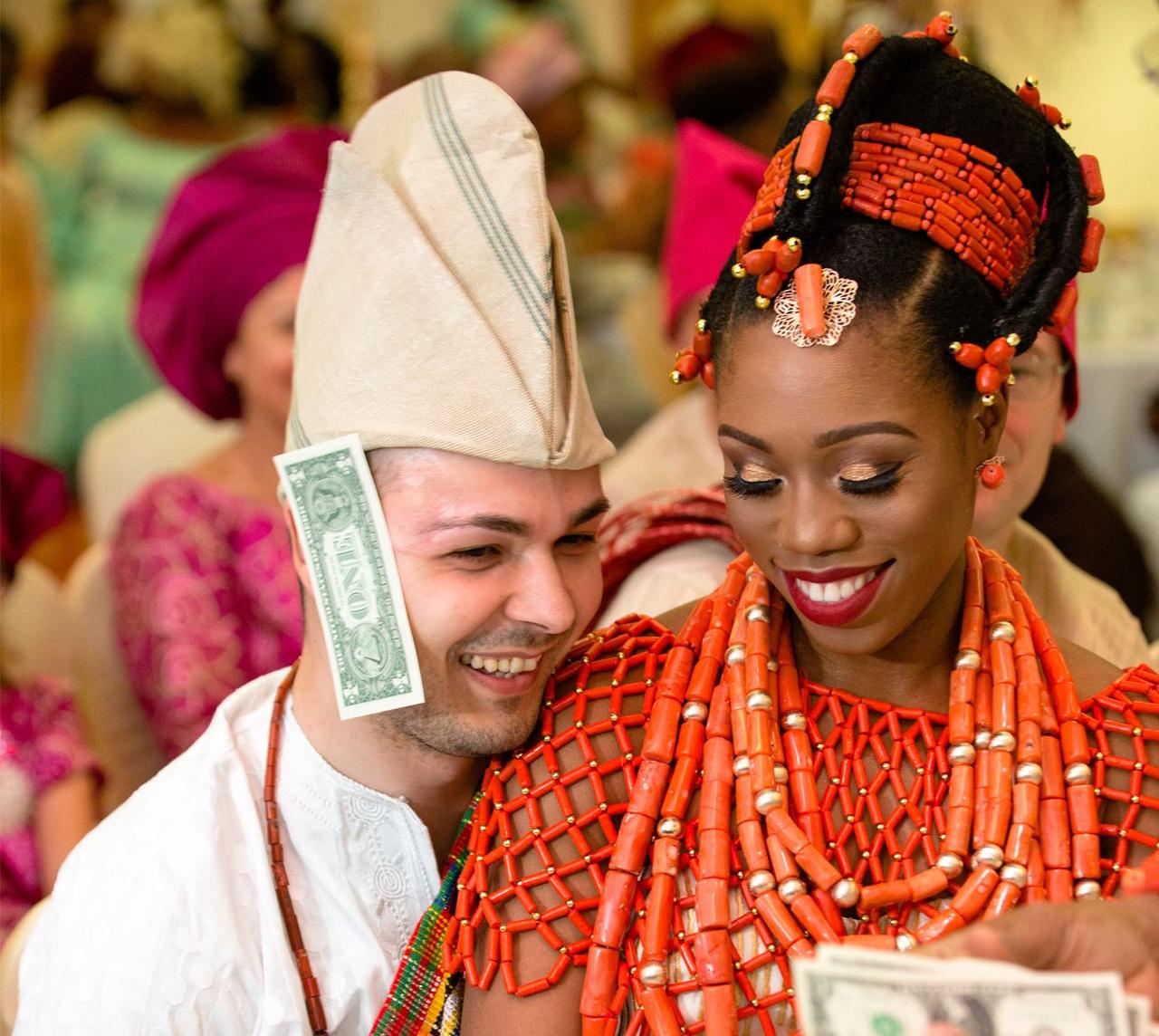
I must say that it was not all doom and gloom! At the time, I discovered (the now discontinued) NuBride which did showcase far more diversity than any of the major wedding blogs at the time. Following ‘black square gate’ (when people posted black squares on social media in solidarity with the Black Lives Matter Movement), the wedding industry did begin to diversify.
I saw numerous styled shoots appear with black and brown models but all white suppliers - see the problem there? I appreciate the effort, but that performative allyship as the status quo has largely returned. It is why I chose my niche as a wedding planner and the reason why Our Owambe was born.
I co-founded Our Owambe with a former wedding planner friend. It’s an international wedding blog and podcast that showcases stylish, modern and unique black weddings and events. Aside from being planners, we are both writers too, so we do more than just share pretty pictures.
We give practical tips to help black couples plan their weddings and also write about every real wedding or styled shoot shared with us, with an incredible amount of intention and consideration.
My ‘Why’
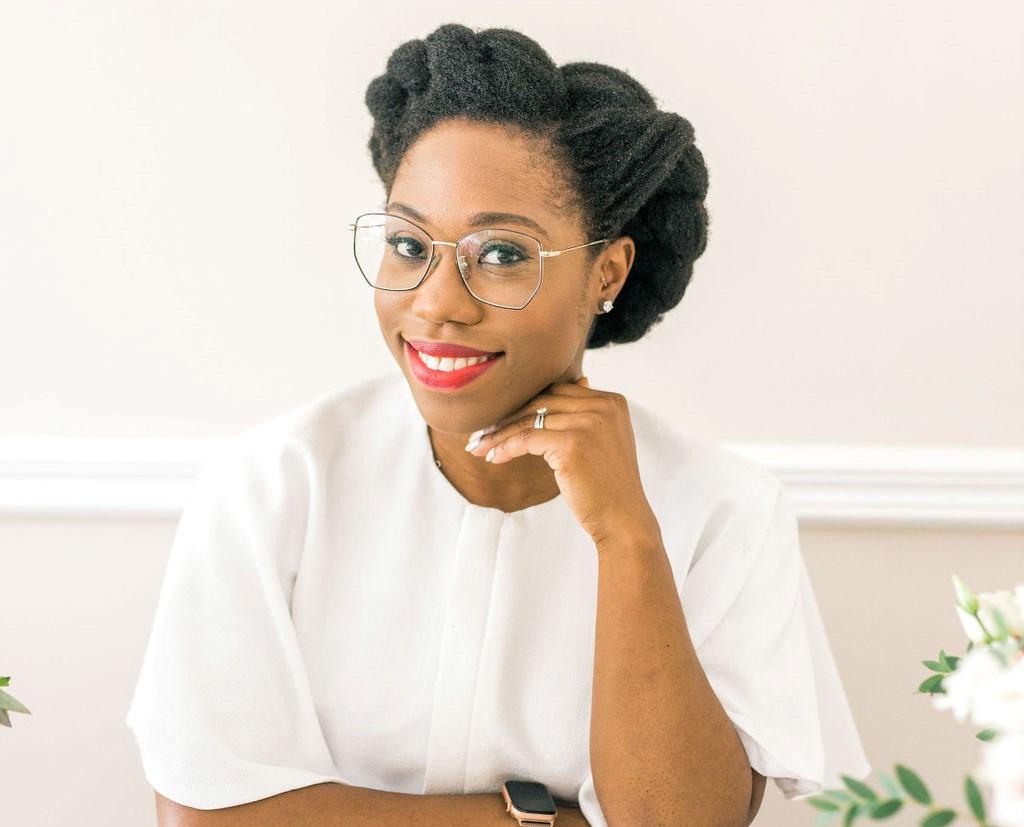
I am sharing all of this because I want ethnic minority couples to know that they are seen, appreciated, and thought of. Additionally, I want wedding suppliers to know, in case they didn’t already, that representation matters! Please stop judging books by their covers. If you want a more diverse customer base, it helps to not show homogenous imagery.
It also helps not to only talk about spray tans and other treatments or practices that are race or gender specific.
Times have changed. Couples want to spend their money with suppliers whose styles resonate with them irrespective of what the business owner looks like.
For my own wedding celebrations, we hired suppliers with English, European, Asian and African backgrounds. Essentially anyone who aligned with our values and vision and had a track record of working with diverse couples.
Over at Our Owambe, we want to share more varied love stories so if you would like to submit your wedding or your work, please do get in touch!

